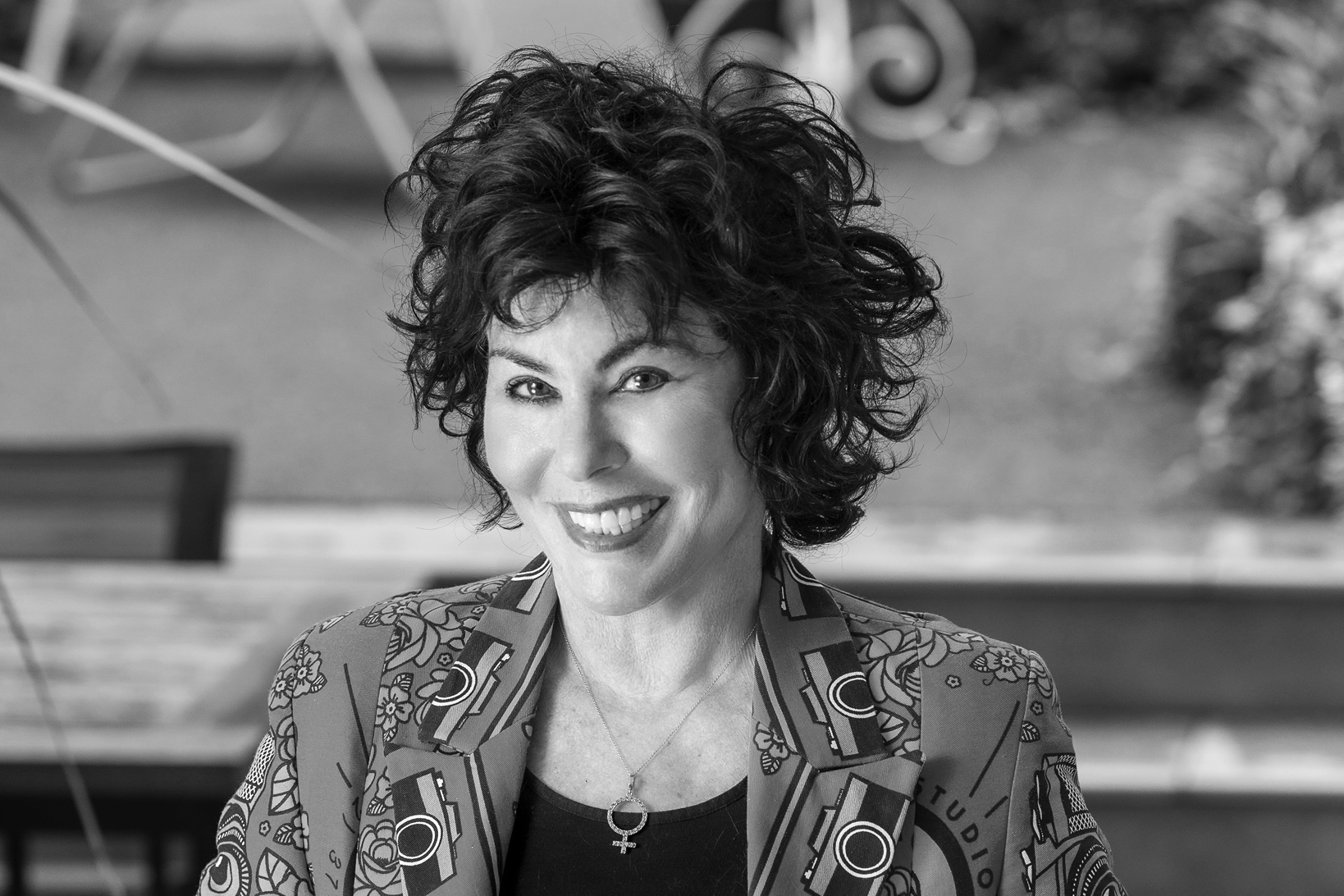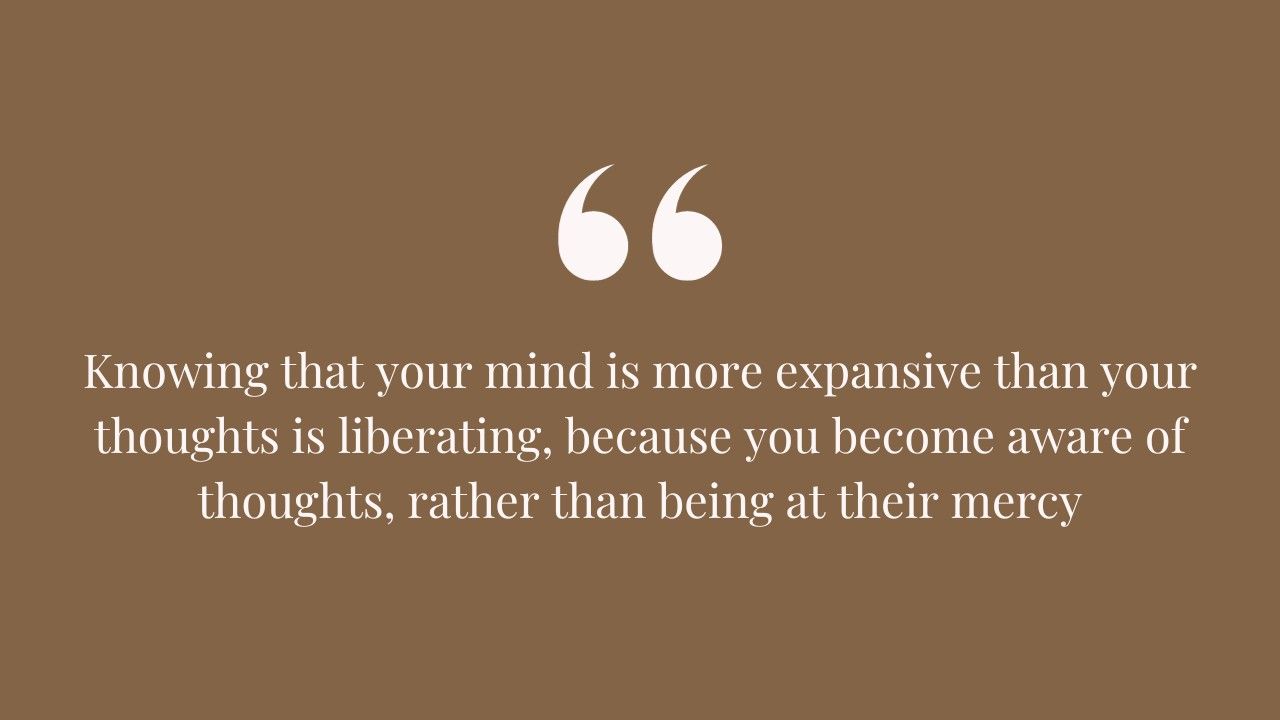
After a series of life-changing journeys exploring the world in a search for meaning over the course of 2022, Ruby Wax’s greatest insights came in the form of self-discovery, and gaining a deeper understanding of her own mind. Here, she reveals five of the most profound…
“I’m good! I’ve just got ABBA tickets! We all yearn for something,” smiles Ruby Wax, moments after our video call connects. It’s Monday morning and the comedian, author, and mental health campaigner is at home in London, buzzing after scoring tickets to ABBA Voyage, the ground-breaking concert reuniting all four ABBA members virtually.
These days, Ruby’s life is a never-ending cycle of “working my ass off” and reward. Ticking through her bucket list, she invests heavily in hunting down life-enhancing experiences. Her latest book and live stage show, I’m Not As Well As I Thought I Was, documents a journey she took to find meaning, peace, and happiness through a series of experiences spanning the corners of the globe, and how, last spring, she endured her first major battle with depression in 12 years, spending five weeks in a London mental institution.
Always evolving, Ruby – who has a master’s degree in mindfulness-based cognitive therapy from Oxford University, plus an OBE for services to mental health – reveals five of the biggest lessons she has learned on her voyage of mental health discovery…
There’s a difference between mental illness and being frazzled.
If you’re feeling low or overwhelmed, don’t feel tempted to say you have depression, because depression has nothing to do with being frazzled. Depression is in the genes. It has nothing to do with a situation. It’s a disease, just like diabetes or cancer.
Understanding this has helped me to forgive myself for [having] depression. I no longer see it as a flaw or being self-indulgent. When the monster lands again, it’s not because of anything I’ve done.
I had a troubled childhood growing up in Illinois with my parents. My father and mother, refugees who fled Austria in 1938, had mental disorders. Tragically, it wasn’t diagnosed. If they had received anti-depressants, I might have had a less violent childhood.
When I went to the Dominican Republic to swim with migrating humpback whales, it was an encounter with a group of healers on the boat that really took my breath away. On the last day, I experienced a terrible toothache. One of the healers placed her hand on my head and whispered, “Thank mama.” She added, “Your mother did the best she could.” I’m not a person that believes in healers, but my toothache went away. Go figure.
Thoughts aren’t facts
I don’t always feel like doing it, but I’ve practised mindfulness for 45 minutes daily for 15 years, welcoming thoughts but without judgement. And I feel the results. While other people might get distracted, I can sustain that one-pointed focus for hours. They get tired, I keep going.
Last year, I spent a month at a silent retreat at Spirit Rock in the USA, and after two weeks my thoughts started to calm down. With a clearer mind, I could taste food without being distracted or feeling tempted to start a conversation.
The biggest lessons I took home were that thoughts aren’t facts, and they come and go of their own volition. Knowing that your mind is more expansive than your thoughts is liberating, because you become aware of thoughts, rather than being at their mercy.
While mindfulness doesn’t get rid of negative thoughts, it just makes us forgive ourselves for having them. I still have insecurities, but when I think ‘I’m a fraud, I’m a failure, and I don’t deserve success,’ I know these are recordings from my dysfunctional childhood, and nothing to do with the present.
Reinvention is everything
When I became fascinated with neuroscience, miraculously I got myself into Oxford University to study Mindfulness-based Cognitive Therapy. The other students on the course were really not impressed that I’d had a career in television. A lot had gone to Harvard, and one guy was a geneticist, and I sensed they thought I was at the lower end of the market. That was how I felt at high school – an outcast, trying to figure out how to become part of the tribe. But nobody on the course was as fascinated by neuroscience as I was, so I became extremely studious, and once I started asking incisive questions, I began to earn my classmates’ respect.
In my life, I’ve always reinvented. Most recently since my last episode of depression last spring and a spell in a mental hospital. In the past, I was a slave driver to myself until I’d burn out and become frazzled. I now work to play and reward myself when I’ve worked hard.
Earlier this year I went on a pilgrimage to Japan, and in August after rehearsing my play and running a retreat in Yorkshire, I went cycling on the Amalfi Coast. I’m all too aware that we get one chance at life!

All people want is to be heard
Seven years ago, I launched my Frazzled Cafes where people who are feeling overwhelmed meet to talk and share personal stories in a safe environment.
When somebody speaks their truth, you see little heart emojis and heads nodding as if to say, ‘Me too’. That person will feel such relief that they’re not alone, that people care, and that they feel heard. I’ve learned from running the cafes, that’s all people want. Talking is half the cure.
When somebody comes up to me on the street or when I’m signing books and says something like: ‘My brother completed suicide’ or ‘I feel so depressed, I can’t function’, I give them my full attention. I stay with them for as long as it takes them to feel a little better. To be honest, I’m not always the nicest person. I sometimes manipulate people, and I’ve got a big ego, but all that stops when somebody tells me something so personal.
The brain can change.
The brain is a moveable feast. You can break unhelpful, negative mental habits, and create more positive, uplifting ones.
The brain is made up of about 86 billion neurons, making trillions of synaptic connections, continuously changing partners based on our moment-to-moment thoughts and experiences.
If you are cruel and spiteful, you’ll become an expert at getting even crueller and more spiteful. If you practise being compassionate, you’ll become more compassionate. The way we think or feel determines our wiring and what chemicals are coursing through our veins. If you’re thinking or feeling agitated or angry, you’re pumping adrenaline and cortisol.
Mindfulness can break unhelpful habits of thinking, and create new ones. You can teach an old or young dog new tricks. We need to exercise the brain to do this. It won’t happen with wishful thinking. Become the driver not the driven.
Images | Ruby Wax

